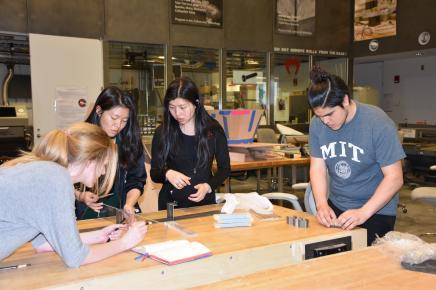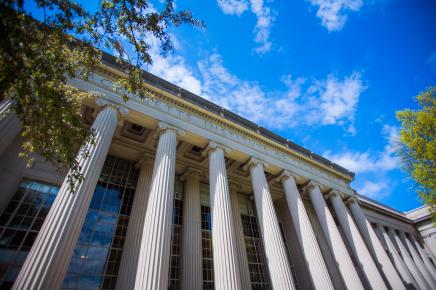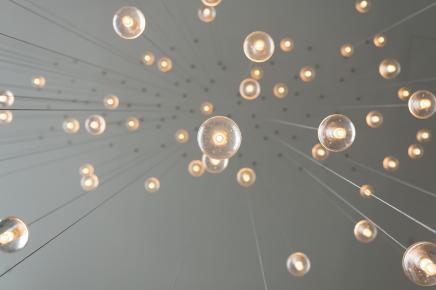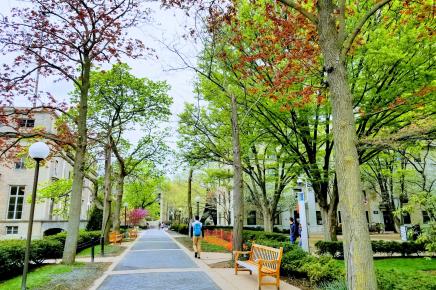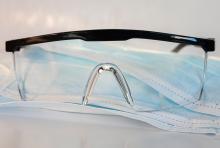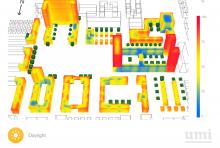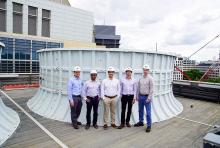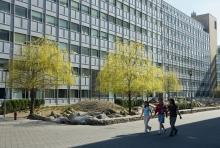MIT’s Living Lab framework is grounded in a model of a place-based research platform that utilizes the university campus as a test-bed for research, innovation and the co-production of knowledge. The living lab concept may be thought of as a variant of the experiential learning model that involves concrete experience followed by observation, reflection and the formation of new concepts and testing in new situations.
The MIT Office of Sustainability launched on a platform that utilizes the campus as a test bed and incubator for sustainability in an effort to transform the campus into a powerful model that generates new and proven ways of responding to the challenges of our changing planet.
By leveraging the campus as a test bed for sustainability - faculty, staff, students and researchers alike are able to grapple with sustainability challenges at the local level as they seek to solve for them globally. Moreover, our staff provide access and insight to these everyday challenges in the process.
MIT has embraced a unique place-based research platform that utilizes the college campus as a test-bed for innovation and the co-production of knowledge. The living lab concept may be thought of as a variant of the experiential learning model that involves concrete experience followed by observation, reflection and the formation of new concepts and testing in new situations.
Click here to learn more about the application of the Living Lab Frameworks at MIT.




